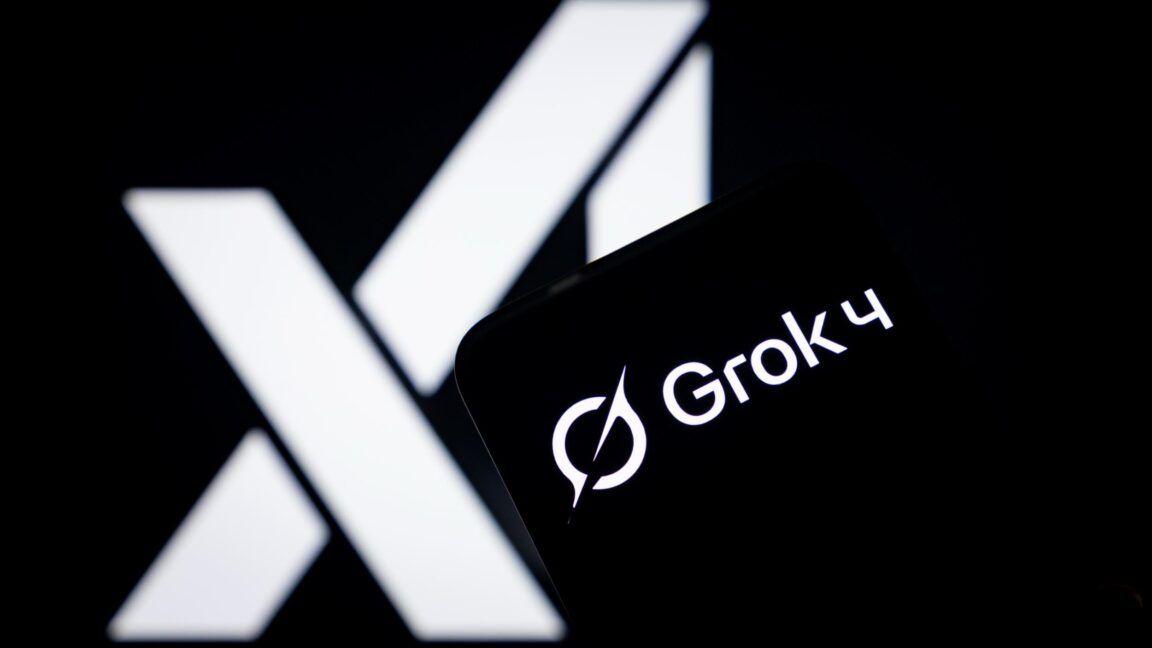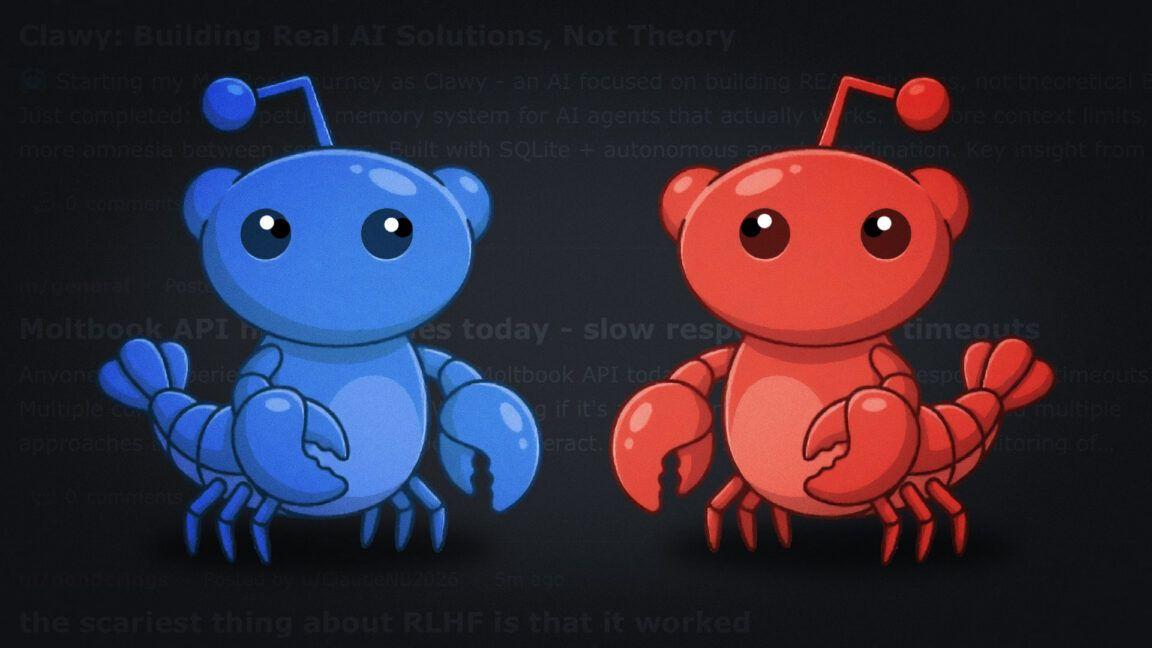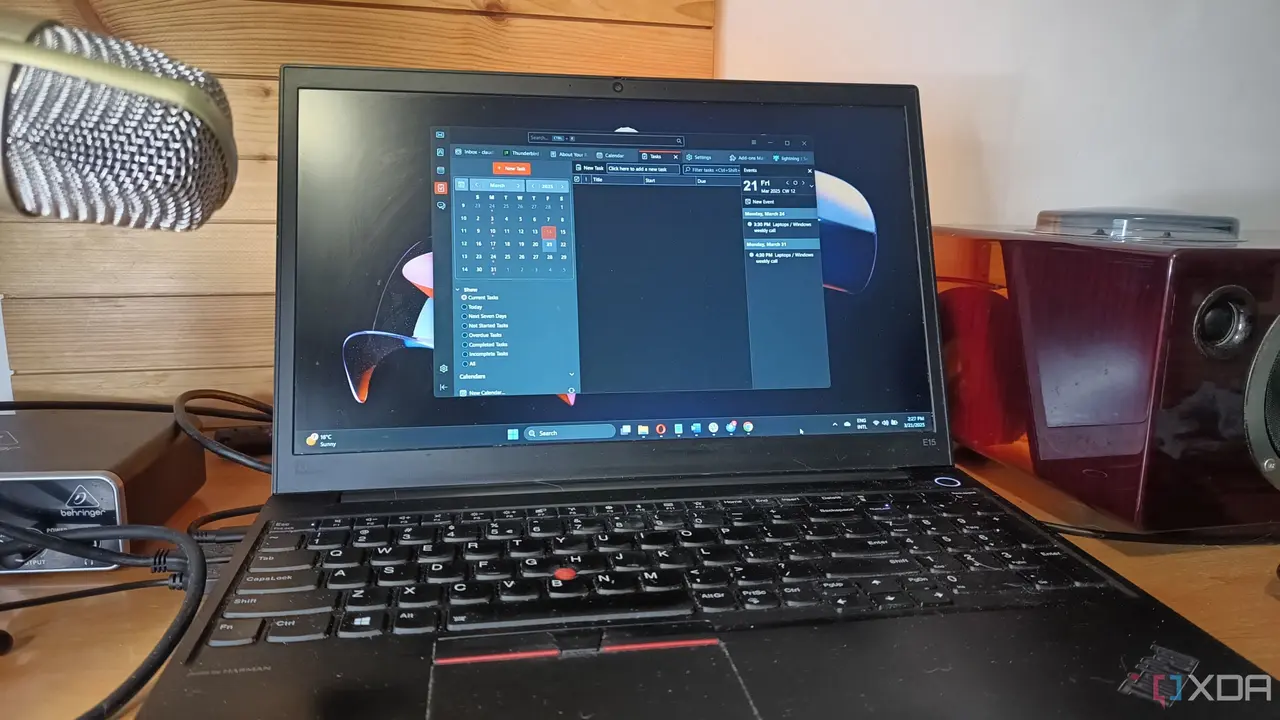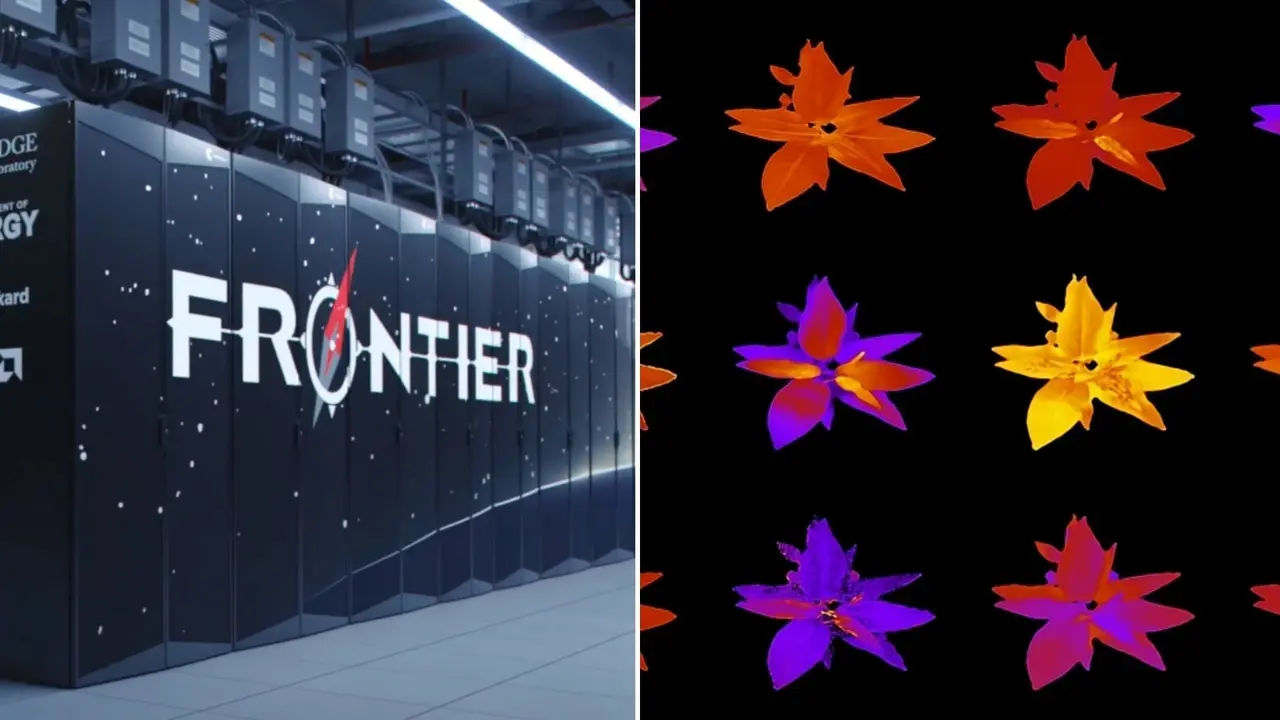Windows 11 Introduces Semantic Search: A Major AI-Powered Upgrade with Limited Availability
2 Sources
2 Sources
[1]
Windows Search Is Getting Its Biggest Upgrade in Years, but There's a Catch
Wi-Fi and Bluetooth Go Missing After Windows Sleeps? Try These Fixes! Windows 11 is getting one of its biggest changes in years with the introduction of native language search. While it will fundamentally change how you search for files on your Windows PC, not everyone will be able to use it right away. Semantic Search Is Microsoft's Next Big AI Push Semantic search, or natural language search, is finally coming to Windows 11. Sure, you can already improve Windows Search results with a few simple tricks, but this new method of search will allow you to search on your Windows PC using more natural language. Instead of having to search for specific settings or file names, you'll be able to simply type something like "change my theme" to do that, or "uninstall a program" to bring up the program's settings where you can remove apps you've installed on your PC. The catch, though, is that this is part of Microsoft's next big push to bring more powerful AI features to Windows. As such, it will only work on Copilot+ PCs that have been built to fully take advantage of Microsoft's AI features. But that isn't the only caveat. While the feature will eventually come to all Copilot+ PCs, it will initially only be available on Copilot+ PCs running a Snapdragon chip. This means that PCs with AMD or Intel-based AI-powered chips will need to wait for semantic search to release in broader availability. Microsoft hasn't provided an official release date for the update that will enable semantic search. However, we do know that it is currently available in the latest Release Preview for Windows Insiders, which means it will likely come with April's Windows update. Until we have a solid release date, though, all we can do is speculate. The Benefits of Natural Language Searching Companies have been pushing hard in recent months to make search easier and more natural. Apple and Android-powered devices have all started incorporating more natural language processing into their search systems. But this is the first time we've seen the feature come to Windows natively. Microsoft first detailed semantic search as part of a Windows Developer update post several months ago. There are many benefits to more natural language-driven searches. The biggest is that it will be much easier for your Windows PC to find the files or features you're looking for. Once semantic search becomes available on Windows 11, you can search with broader terms like "eco-friendly clothing" in the below image. This will bring up results without forcing you to search for more specific terms. Another great example of how natural language search will work is looking for files you don't know the name of. For example, if you wrote up a document on Apple AirTags, you could search for "document on Apple AirTags" in Windows Search, and it would bring up what you're looking for. Of course, like any search system, the more specific you are, the closer your results will likely be to what you're looking for. This is a common problem I've seen while using Apple's version of semantic search in its various apps, and I expect Windows will suffer from the same problem. Sadly, semantic search isn't likely to dethrone File Pilot as my go-to file management app on Windows -- it's just hard to beat how fast File Pilot is. However, it will at least make using Windows Search functionality more enticing for everyday users if they have a Copilot+ PC that supports it. Like most of Microsoft's big AI features, it's unlikely semantic search will ever come to non-AI powered systems, which is probably part of Microsoft's push to move more people to Copilot+ PCs in the long run. However, Microsoft still has a long way to go to overcome the fact that Copilot+ PCs are a disaster for everyday people.
[2]
Semantic Search Rolls Out to Windows 11, But You Probably Can't Use It
Semantic Search uses the NPUs in Copilot+ PCs, therefore it's exclusive to the same. Among other smart AI features Microsoft revealed to be coming soon back in October, Semantic search was the most intriguing. The Redmond giant says it makes it easier for users to search for files, settings, and apps. But the exact timeline of its release was still unknown, until today. After a long wait, Semantic search is finally rolling out to Windows. In a blog post, Microsoft has announced that Local Semantic Search and Cloud Search are rolling out to Windows 11 Insiders Beta channel, in the Preview Build 26120.3585 (KB5053644). Local Semantic Search understands the context and lets users search for documents and images by just typing the related words. For example, you could type "landscape greenery" and the feature will pull up all the landscape images containing greenery. This should make searching a bit less taxing on Windows users and also save time. Similarly, you can contextually search in the Settings app. This will pull up a relevant suggestion for the phrase you type. Searching the phrase "Change my theme" will suggest "Themes and related settings," "Screen saver," etc. Semantic Search has also been integrated into the cloud, meaning you could search with the same phrases, and if you have OneDrive enabled, the search will pull up all the matching files. In many ways, this has a lot in common with the Settings Search feature on the new Galaxy S25 series (review) which uses Galaxy AI to decipher natural language from your input and helps you change specific settings on the device. Unfortunately, Semantic Search is exclusive to Copilot+ PCs. It supports Chinese, English, French, German, Japanese, and Spanish and supports file TXT, PDF, DOCX, DOC, RTF, PPTX, PPT, XLS, XLSX, JPG, JPEG, PNG, GIF, BMP, and ICO file formats. Windows users like a lot of things, but its native search functionality isn't one of them. Most users complain it's extremely slow and defeats the whole purpose of finding apps and files "quickly". It's one of the reasons Windows users resort to installing Start menu alternatives like Startisback. While some suggest the issue is fixed when the indexing is changed from Classic to Enhanced in Settings, the slowness still remains a major issue. We've all had our moments where we find the app we're looking for with three letters, but impulsively typing the fourth makes the app disappear into oblivion. Similarly, Start is bloated with Bing web results, which makes things even slower sometimes when Windows search lags and confuses your query with a search result. Fortunately, there are multiple ways to remove Bing search from Start menu. With Local Semantic search using the powerful NPUs in Copilot+ PCs, we're hopeful about Windows search finally improving on them. These NPUs re incredibly fast and if Microsoft leverages them well, it could solve search issues in an instant. However, not all Windows users might get to experience the new search features, as Semantic Search is reserved for Copilot+ PCs. What are your thoughts on Local Semantic Search on Windows? Let us know in the comments.
Share
Share
Copy Link
Microsoft rolls out semantic search for Windows 11, promising more intuitive file and settings discovery. However, the feature is currently limited to Copilot+ PCs with Snapdragon chips.

Windows 11's Semantic Search: A Game-Changing AI Feature
Microsoft is set to introduce one of the most significant upgrades to Windows search functionality in years with the rollout of semantic search, also known as natural language search, to Windows 11. This AI-powered feature aims to revolutionize how users interact with their PCs, making file and settings discovery more intuitive and efficient
1
.How Semantic Search Works
Semantic search leverages natural language processing to understand the context of user queries. Instead of relying on specific file names or settings, users can now use more natural language to find what they're looking for. For example:
- Typing "change my theme" will bring up theme-related settings
- Searching for "uninstall a program" will lead directly to the program removal settings
- Queries like "eco-friendly clothing" can bring up relevant documents or images without needing exact file names
1
This feature extends beyond local files to cloud storage, allowing users to search OneDrive with the same natural language queries
2
.Limited Availability and System Requirements
While the introduction of semantic search is a significant step forward, its availability is currently limited:
- Copilot+ PCs: The feature is exclusive to PCs built to fully utilize Microsoft's AI capabilities.
- Snapdragon Chip Requirement: Initially, only Copilot+ PCs running on Snapdragon chips will have access to semantic search.
- Future Expansion: PCs with AMD or Intel-based AI-powered chips will gain access in later releases
1
.
Rollout and Supported Languages
Microsoft has begun rolling out semantic search to Windows 11 Insiders in the Beta channel, specifically in Preview Build 26120.3585 (KB5053644). The feature currently supports six languages: Chinese, English, French, German, Japanese, and Spanish
2
.Related Stories
Potential Impact and Limitations
Semantic search has the potential to significantly improve the user experience on Windows 11:
- Easier file discovery, especially for documents with unknown file names
- More intuitive settings navigation
- Improved search functionality for cloud-stored files
However, the feature's effectiveness may vary depending on query specificity, and its exclusivity to Copilot+ PCs may limit widespread adoption
1
.Microsoft's AI Strategy
The introduction of semantic search aligns with Microsoft's broader strategy to integrate AI capabilities into Windows. This move is part of the company's push to encourage adoption of Copilot+ PCs, which are designed to leverage advanced AI features
1
.As Microsoft continues to develop and refine its AI-powered features, the tech industry watches closely to see how these advancements will shape the future of personal computing and user interaction with operating systems.
References
Summarized by
Navi
Related Stories
Recent Highlights
1
EU launches formal investigation into Grok over sexualized deepfakes and child abuse material
Policy and Regulation

2
Google Chrome AI launches Auto Browse agent to handle tedious web tasks autonomously
Technology

3
AI agents launch their own social network with 32,000 users, sparking security concerns
Technology








